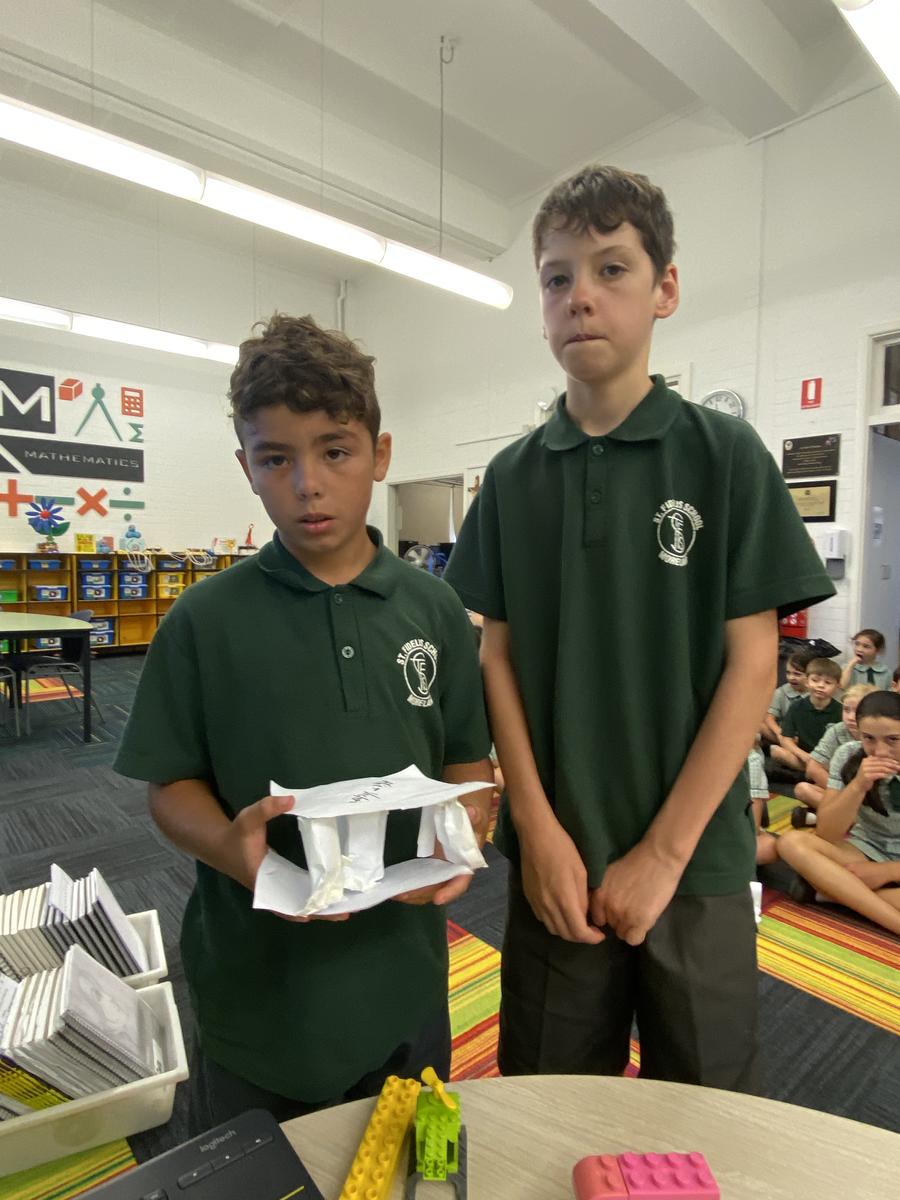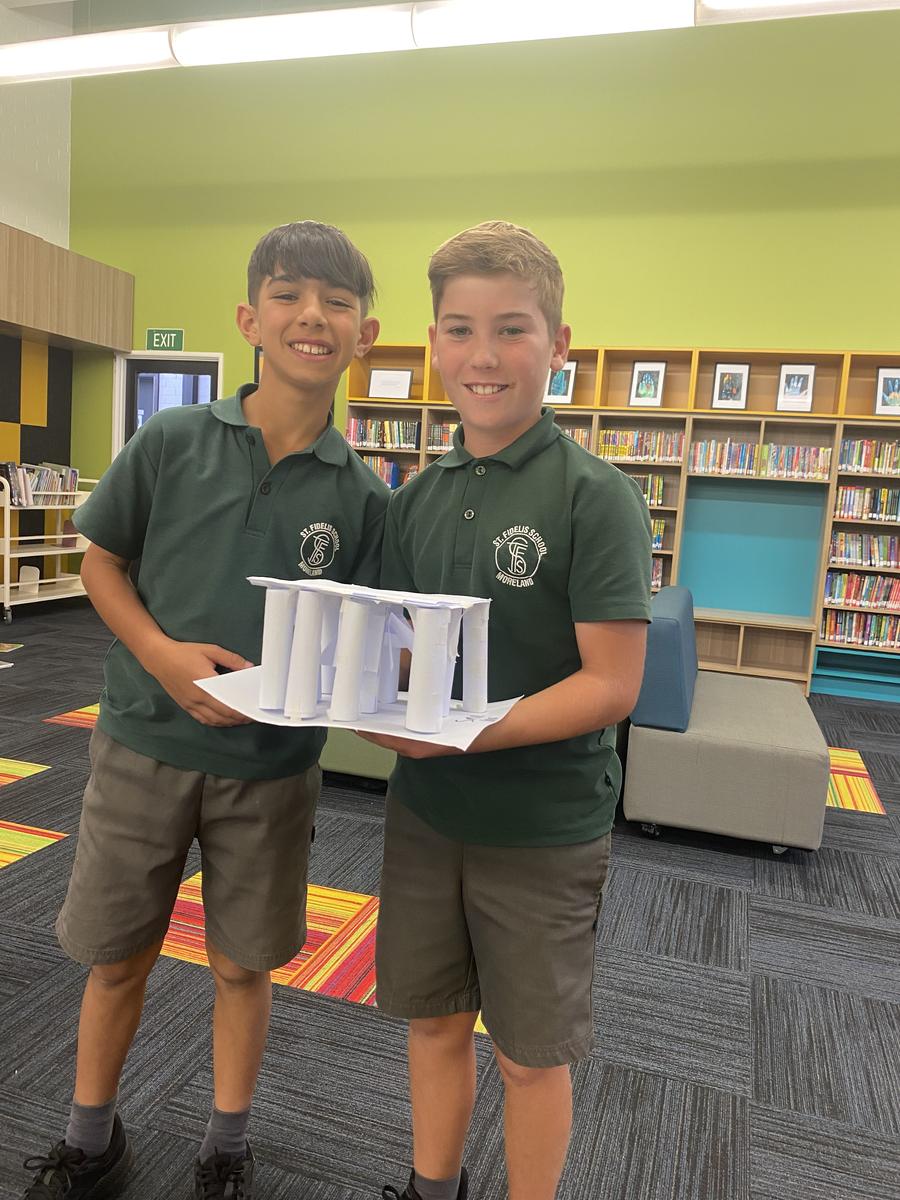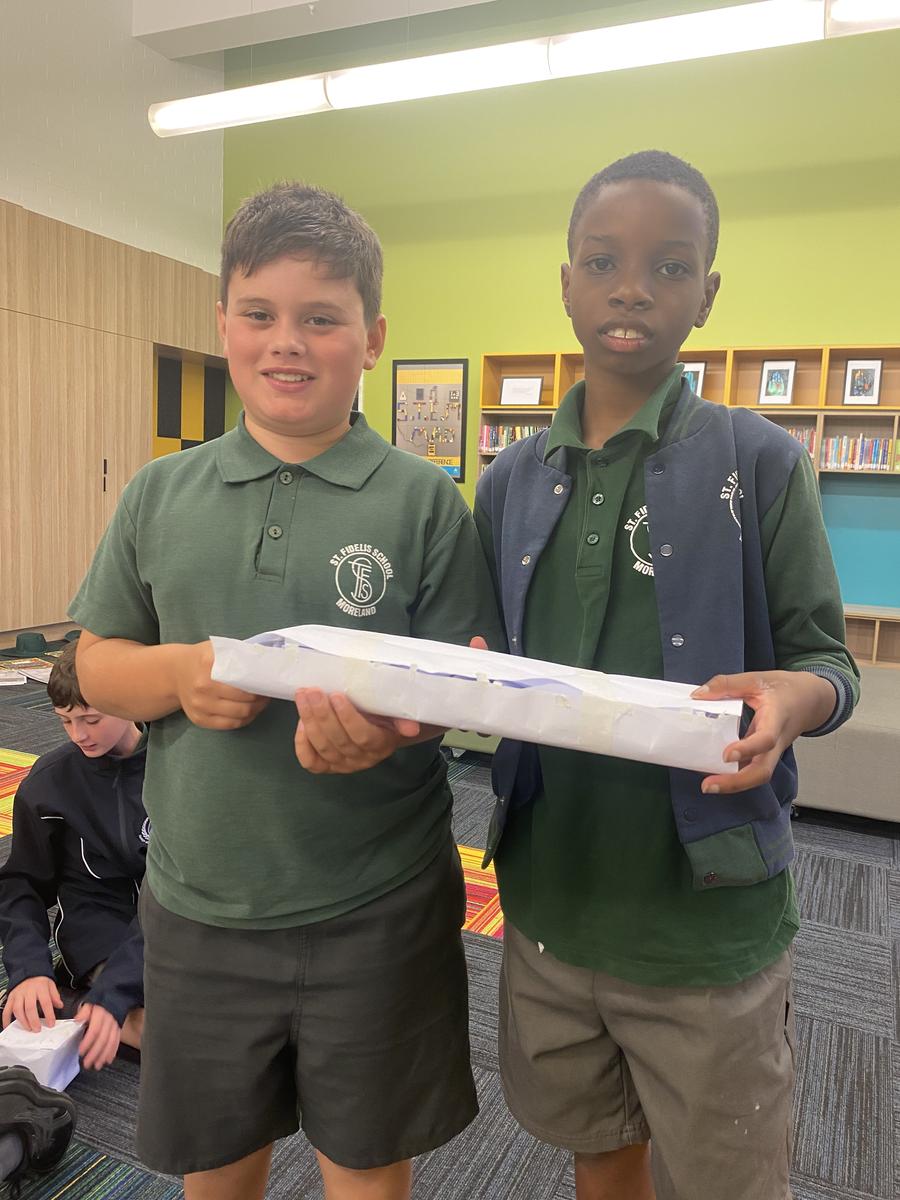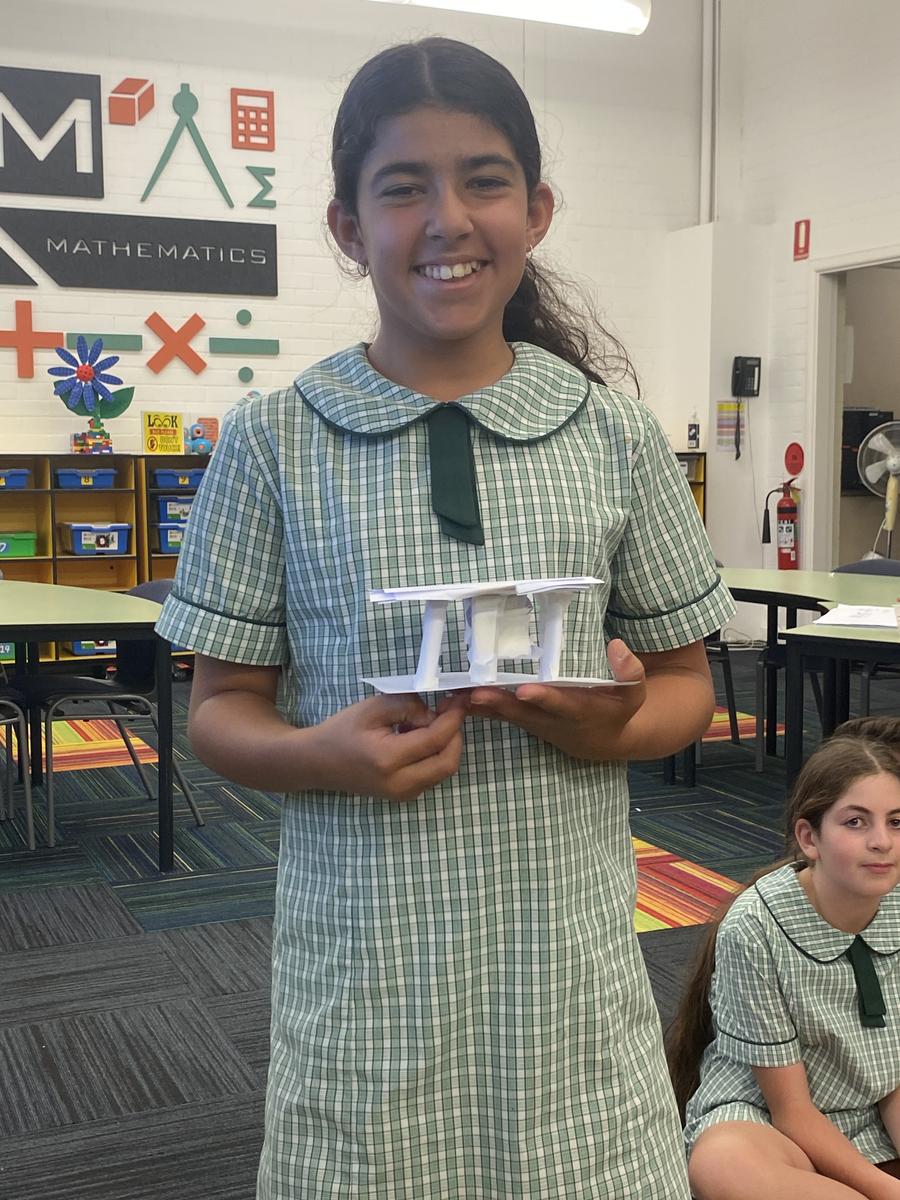Learning & Teaching
Learning and Teaching encompasses the following areas: Student Outcomes, Curriculum, Assessment, Reporting, Principles and Pedagogy.
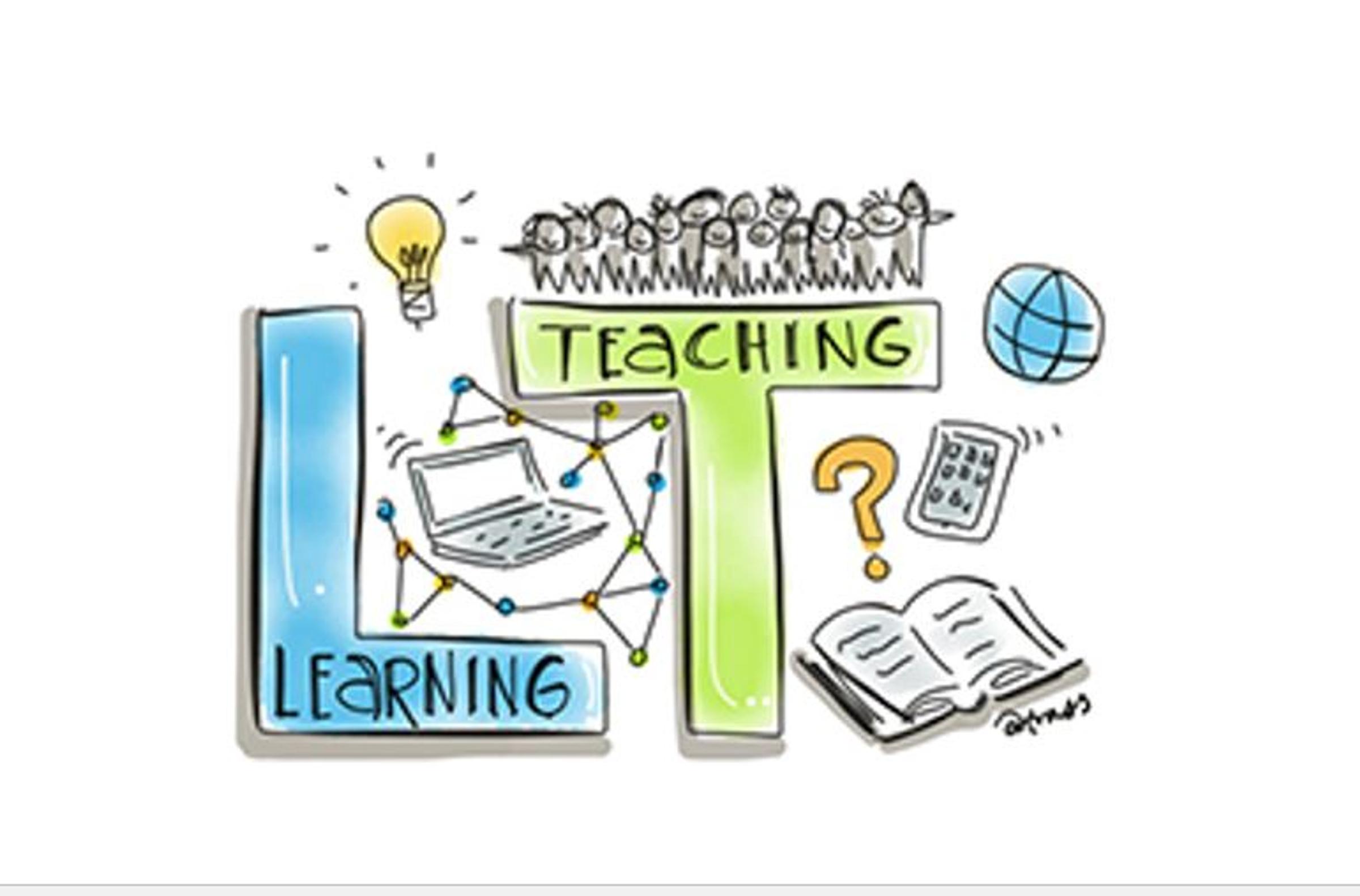
Learning & Teaching
Learning and Teaching encompasses the following areas: Student Outcomes, Curriculum, Assessment, Reporting, Principles and Pedagogy.


Learning the alphabet is an essential skill that helps children with reading, writing and spelling. It helps children become confident learners and gets them ready to read and write.
Seeing letters in their written form can be confusing for young learners. Children need to connect the sound of each letter to its written form, as this is crucial for learning the alphabet in its entirety.
Focusing on single letters is an important component to letter recognition and phonemic awareness. It’s also important to mix these activities up with a range of exposures to these letters through print and storybooks, plus exploring and discovering letters in the students’ own learning environment.
At home parents can help by focusing on one letter at a time, introducing alphabet songs and books, making your own ABC book, saying nursery rhymes, reading alphabet books, building letters with playdough which is also great for fine motor development.
Other simple activities include using magnetic letters to play with and make words. A set of magnetic letters, cards with letters or even sticky notes with the letters written on them on your refrigerator allows your child to see them regularly. They can be encouraged to match uppercase and lowercase letters, sort lowercase letters, uppercase letters, find letters in their name, letters that have straight lines for example H, curved lines (C), both curved and straight lines (B), consonants, vowels, as well as sort into alphabetical order.


Whilst out for a walk you could have an alphabet scavenger hunt. Or, play ‘I Spy’, a great game when in the car. Even looking at letters on signs can be another easy and fun way to learn the letters and sounds as this helps the children to connect with print. These are only a few ideas. There are many other simple ways to learn about letters and the sounds they make when in words.
This week the Foundation students have been busy learning about the letter T. They built towers, had a tea party and an opportunity through discovery for some ‘hands on’ with items set up outside FAM. Following these experiences the students attempted to write a sentence. They were encouraged to listen to the sounds in the words and record these. Wow! Their attempts were fabulous. Thirteen days at school and we have writers in the making!


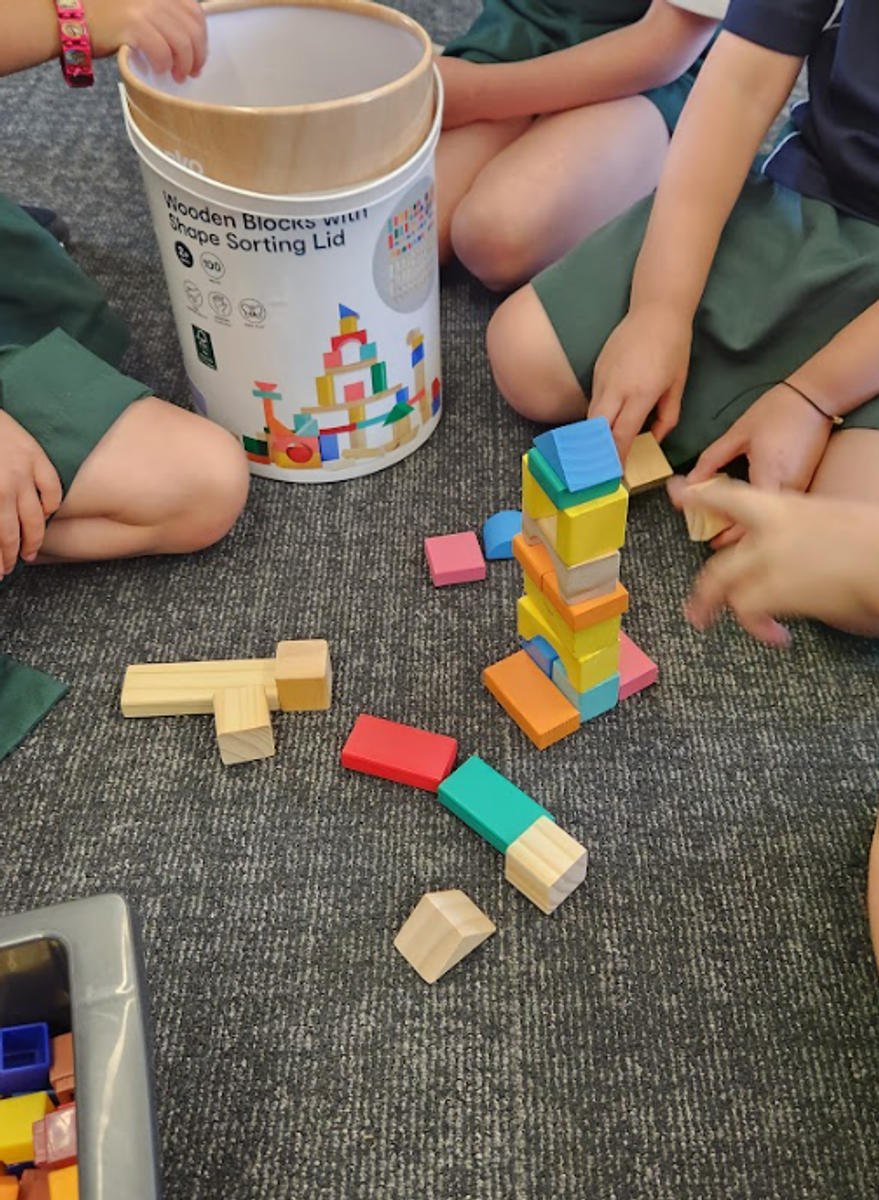









Inquiry is a dynamic, responsive approach to teaching and learning. Contexts for inquiry are most effective when they provide opportunities to meet achievement standards but also when they are authentic and relevant to the needs and interests of students.
(© Kath Murdoch 2022)
Last year, our school closure with Kath Murdoch allowed teachers to map the pathways for learning for 2024. This map outlines the student learning to the curriculum. At St. Fidelis, we value students' voices in helping teachers plan relevant and purposeful inquiries. During the day, the students shared their thoughts on the big questions they found most engaging in 2023. They also shared their thoughts on what we should inquire into next year.
On the school closure day, teachers and leaders used all the student data collected and created a 2024 Map of our Shared Inquires. They also linked the inquiries with scripture, English and Numeracy curriculum and school events for 2024. Below are the big questions and shared inquiry focus for Term 1 2024.
Whole School Concept - Building a Culture of Learning Understanding that building a strong learning community, establishing routines and involving learners in decision-making about the learning space is essential to building a culture of learning. Students and teachers build an understanding of each other as their learners and explore the learning assets needed to create a learner-centred environment. | ||||
Foundation | Year One and Two | Year Three and Four | Year Five and Six | |
Focus
| An Inquiry into how we can help be a happy and safe community of learners. | An Inquiry into how we can use our strengths to contribute to our learning community.
| An inquiry into how we learn, our personal qualities and strengths. An inquiry into how to build positive relationships with peers and teachers. | An Inquiry into belonging to our School Community and team building.
|
| Big Inquiry Question: | How can we learn and get along in our environment?
| How can we build a strong learning community? | How can we build a strong community of learners? | How can we be empowered learners and leaders? |
Whole School Concept - CHANGE OVER TIME Understanding the role of community in our lives and how it helps us to understand our world and contribute to preferred futures. How and why the world and its people have changed, as well as the significant continuities that exist to the present day. Understanding the connections between world history and Australia's continued role in the global community. | ||||
Foundation | Year One and Two | Year Three and Four | Year Five and Six | |
Focus
| An Inquiry into: How our story tells us who we are and where we come from. An inquiry into: Our family's lives and how traditions influence who we are. | An inquiry into: How people and places change over time.
| An inquiry into: The impact, exploration of our country and the perspectives of the past. | An inquiry into: Gold Rush and Eureka stockade. An Inquiry into: The impact these have had on Australia today. |
| Big Inquiry Question | What’s my story? What’s your story? | How do things change over time? | What’s the impact of exploration?
| Change: How did we get here? |
As part of our reporting process at St. Fidelis each term, parents will receive a curriculum overview communicating the learning outcomes for each year level. The overviews will outline what students will learn throughout the term, helping parents stay informed about what is happening in the learning spaces. The overviews are a framework for our term; however, teachers will differentiate instruction to meet the diverse needs of students within the year level. The overviews outline key topics, skills and understandings teachers will work towards. Please see attached the overviews for Term 1 2024.
Thankyou to the parents who attended my workshops last week. It was great to see so many parents attending the sessions, it sends a strong message to us that you are working with us to help your child with their maths learning.
I am attaching the presentation for those who may not have been able to attend.
Keys points to take from it:



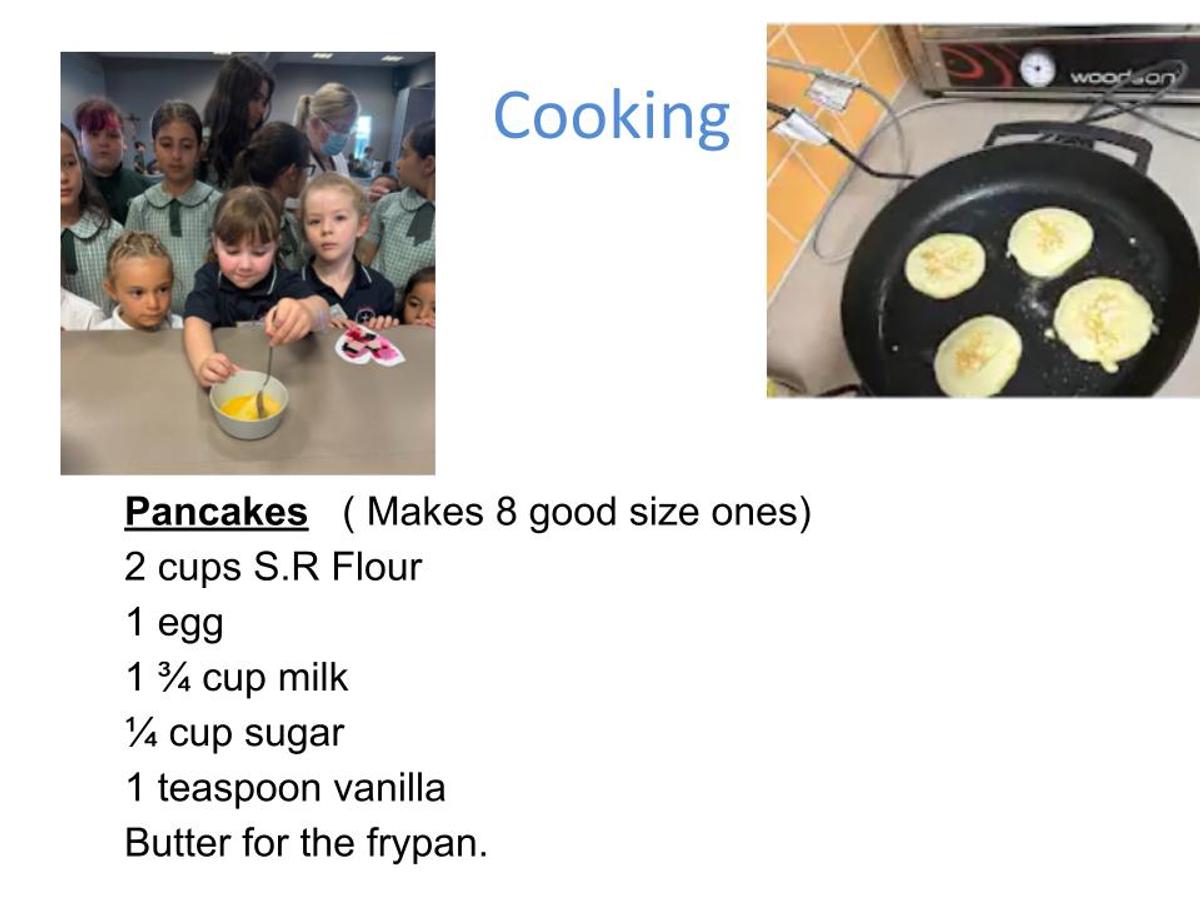
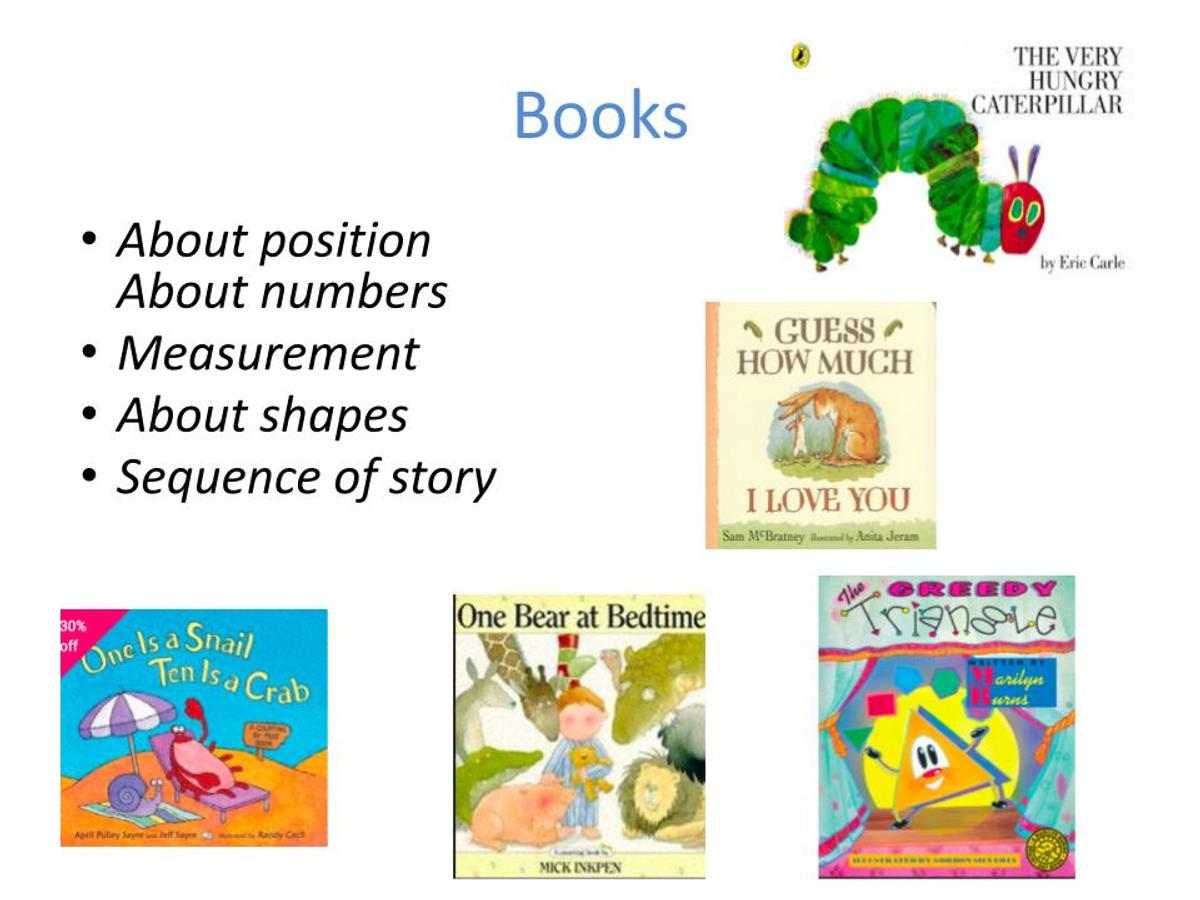







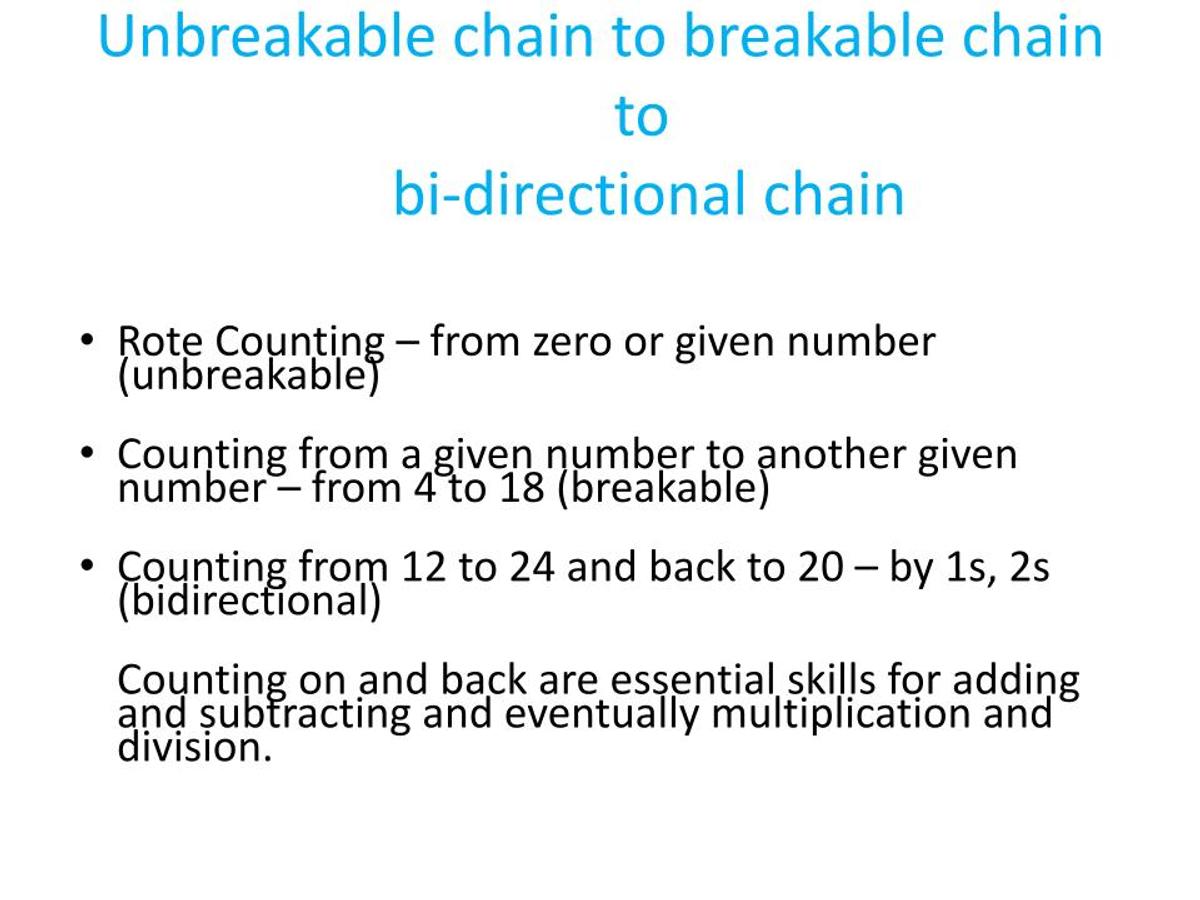





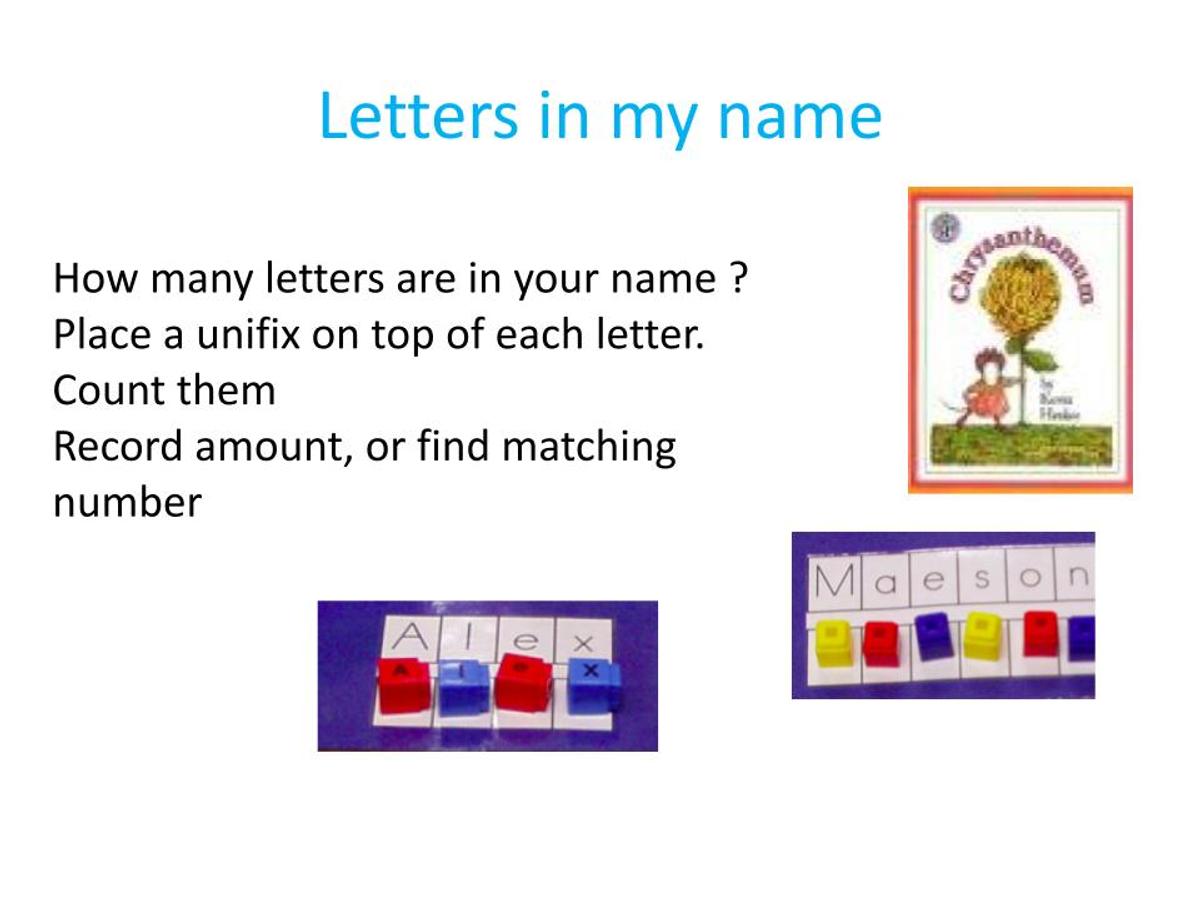





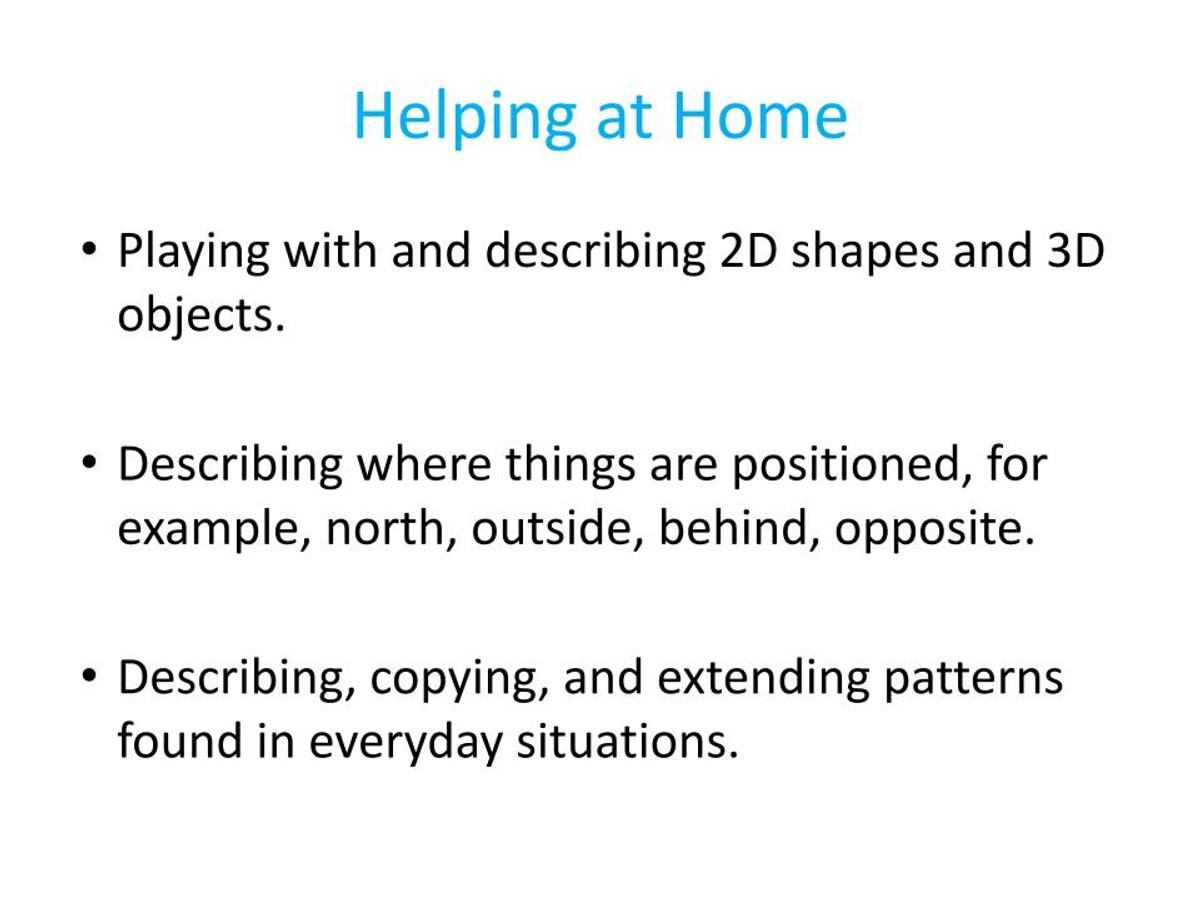





































Life Saving Victoria Excursion
On Monday 19 February, St Fidelis’ Years 3-4 students participated in Life Saving Victoria’s (LSV) practical MEGA Water Safety Program held at Sandridge Beach. The students travelled by chartered buses, accompanied by teachers and parents, to participate in this worthwhile educational experience. The MEGA Water Safety Program included safety activities both in and out of the water. An outline of the activities are listed below:
Check out the open water learning experience on youtube:





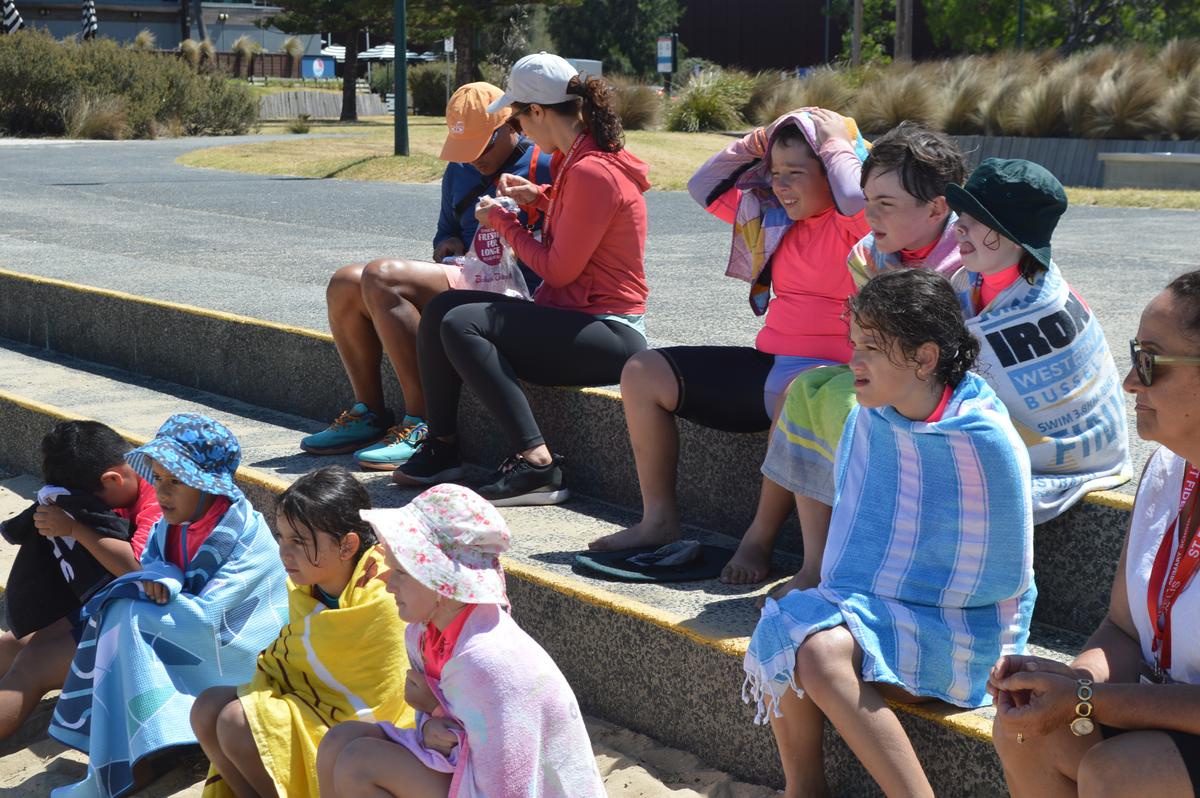

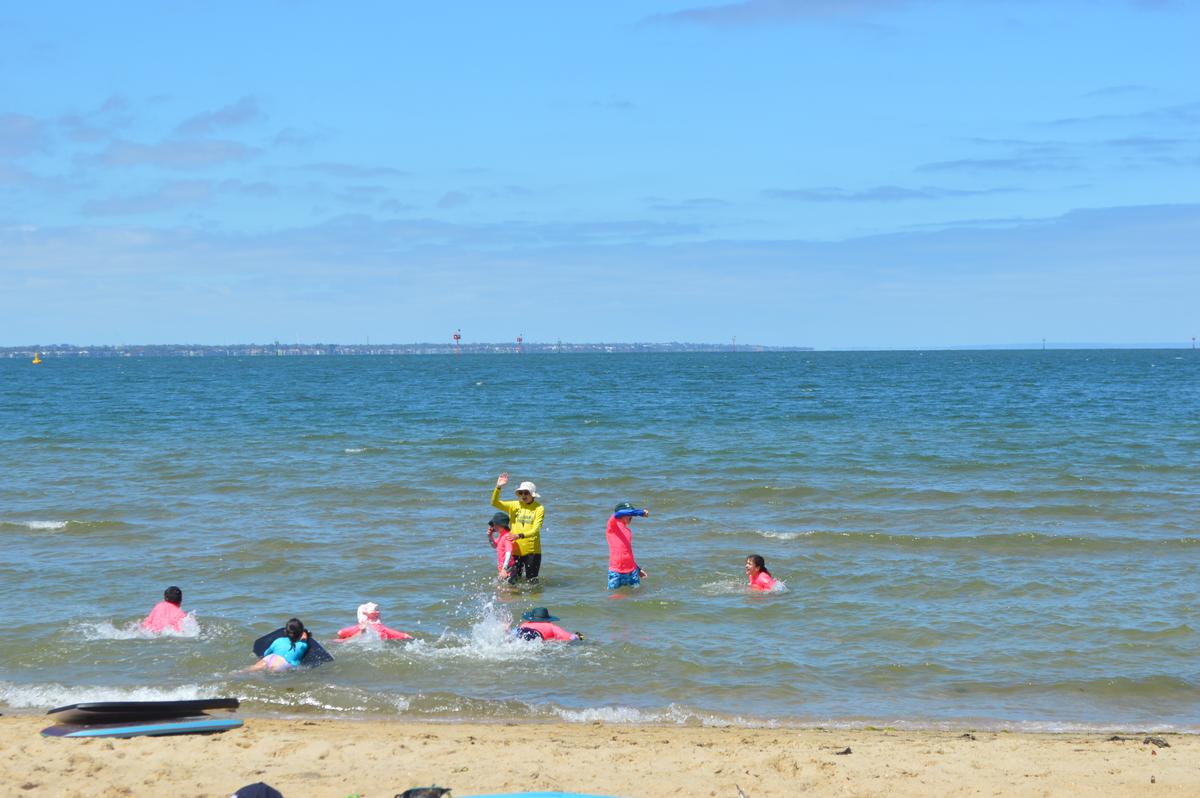







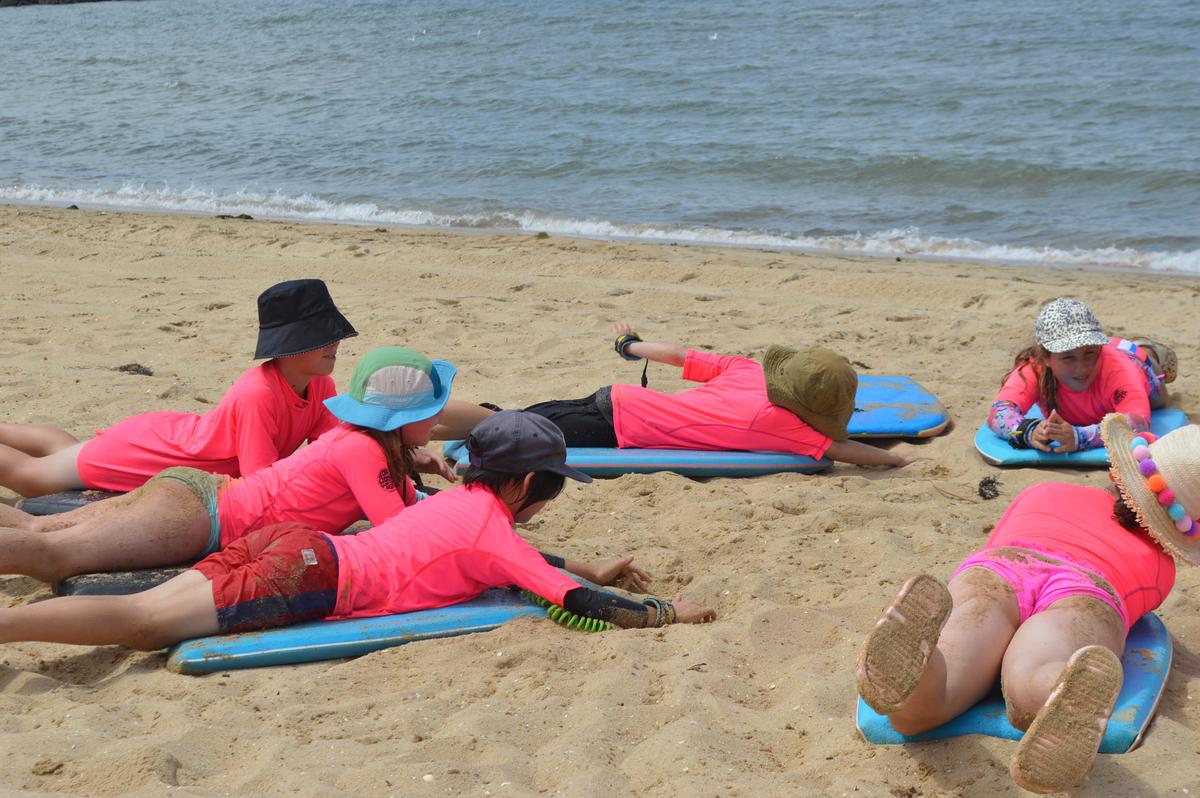
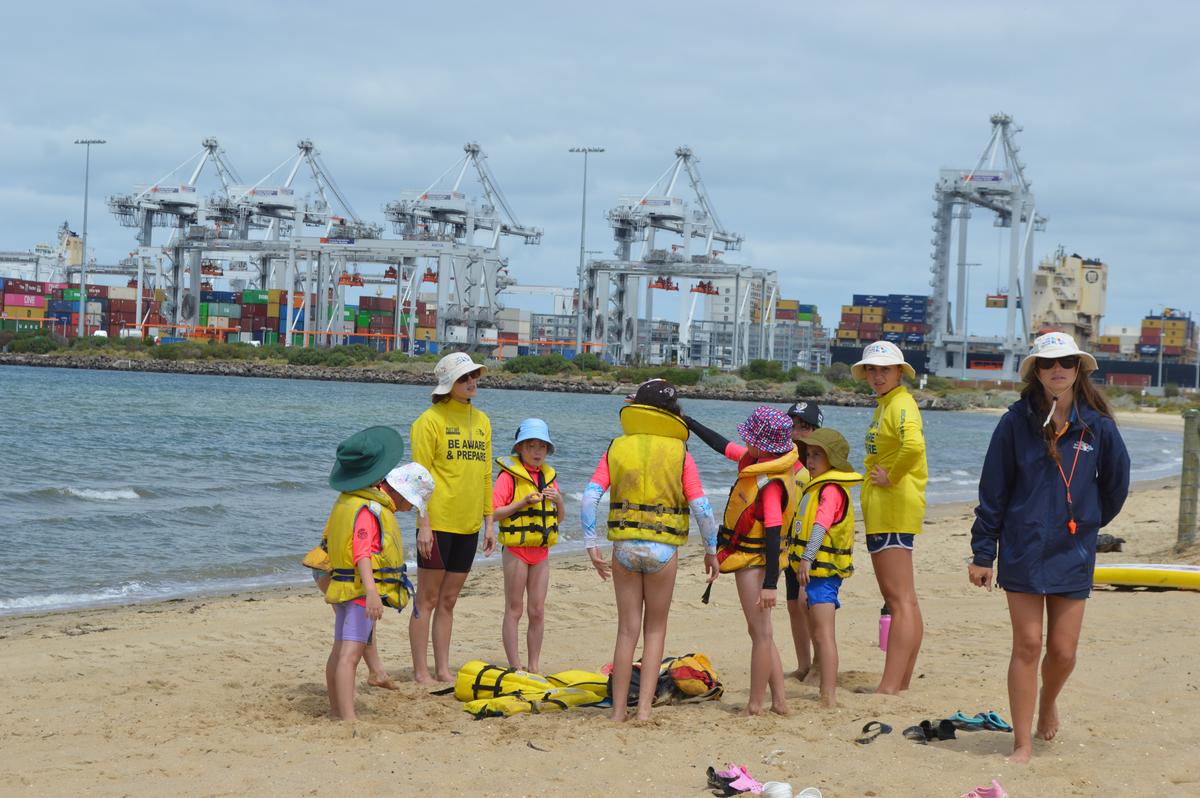
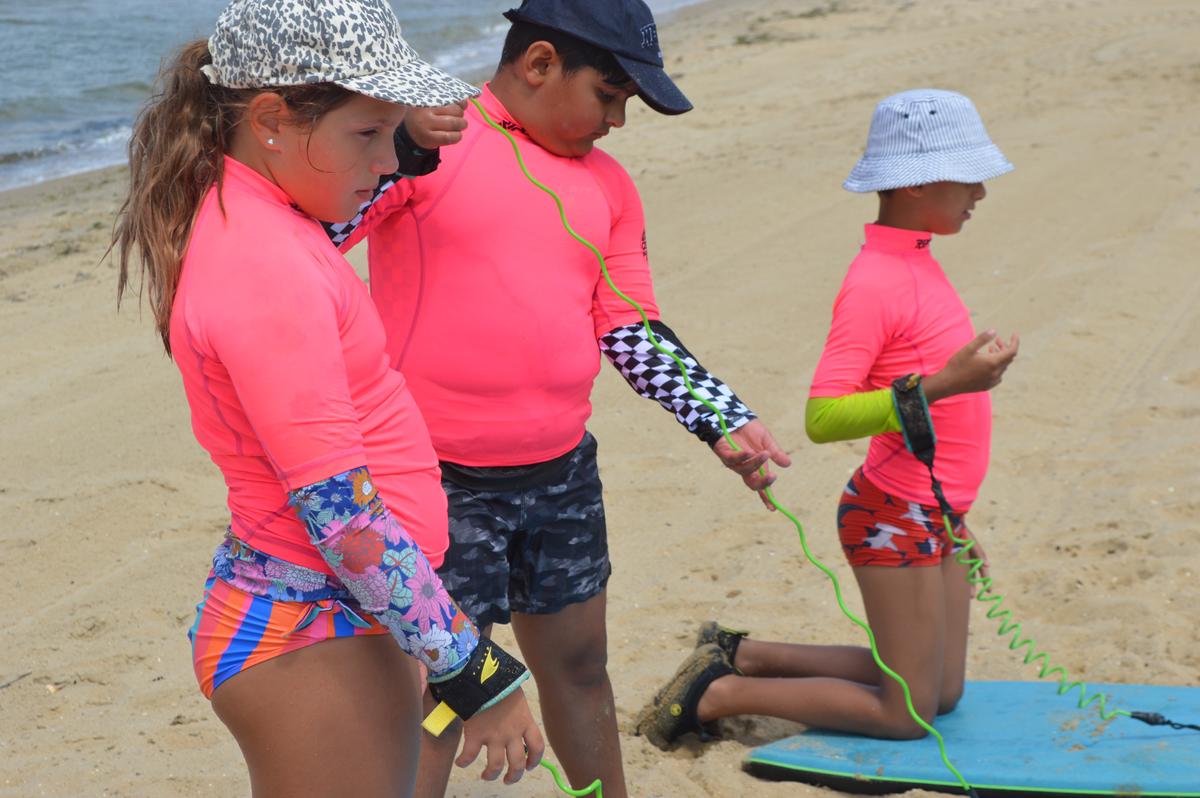






























St Fidelis Grade 5/6 Camp at “Sovereign Hill” in 2024
The Grade 5/6 Camp was held last week at “Sovereign Hill”, Ballarat, from Tuesday 20 February to Thursday 22 February. The purpose of attending this camp was to provide the students with a worthwhile educational, living and learning experience.
Part of the Year 5/6 curriculum this year, provides the students with a study of Australia in the 1800s. This study includes a look at the founding of British colonies and learning about what life was like for different groups during this period.
By attending our camp this year at Sovereign Hill, Victoria’s 1850s gold rush heritage was brought alive to our students through a number of exciting, creative, stimulating and interactive experiences. The St Fidelis' students experienced Sovereign Hill indoors, outdoor, above-ground and below-ground, giving a tremendous variety of activities and ensuring action-packed, fun-filled and educational experiences.
Amongst other things, the students participated in the following programs/activities:
AURA immerses you in the story of gold in a 90 minute high impact, graphic presentation which explores the creation, discovery and impact of the precious metal then and now. Under cover of darkness we travelled across the sprawling site, where AURA transformed Sovereign Hill into a moving theatre with hundreds of hi-tech projections telling the story of gold in Ballarat. The Wadawurrung creation story unfolded and soared into the skies over the lake. The gritty story of gold along with rebellion, gunfights, triumphs, and tragedies drew us into the drama of history.
Congratulations must go to the Grades 5 and 6 students on the way they participated and
co-operated with both staff and each other. I hope that the students had a great educational learning experience.
To make the Grade 5/6 Camp a success, many people made sacrifices. Thanks, therefore, must go to the following people:
Michael Jennings
Camp Coordinator







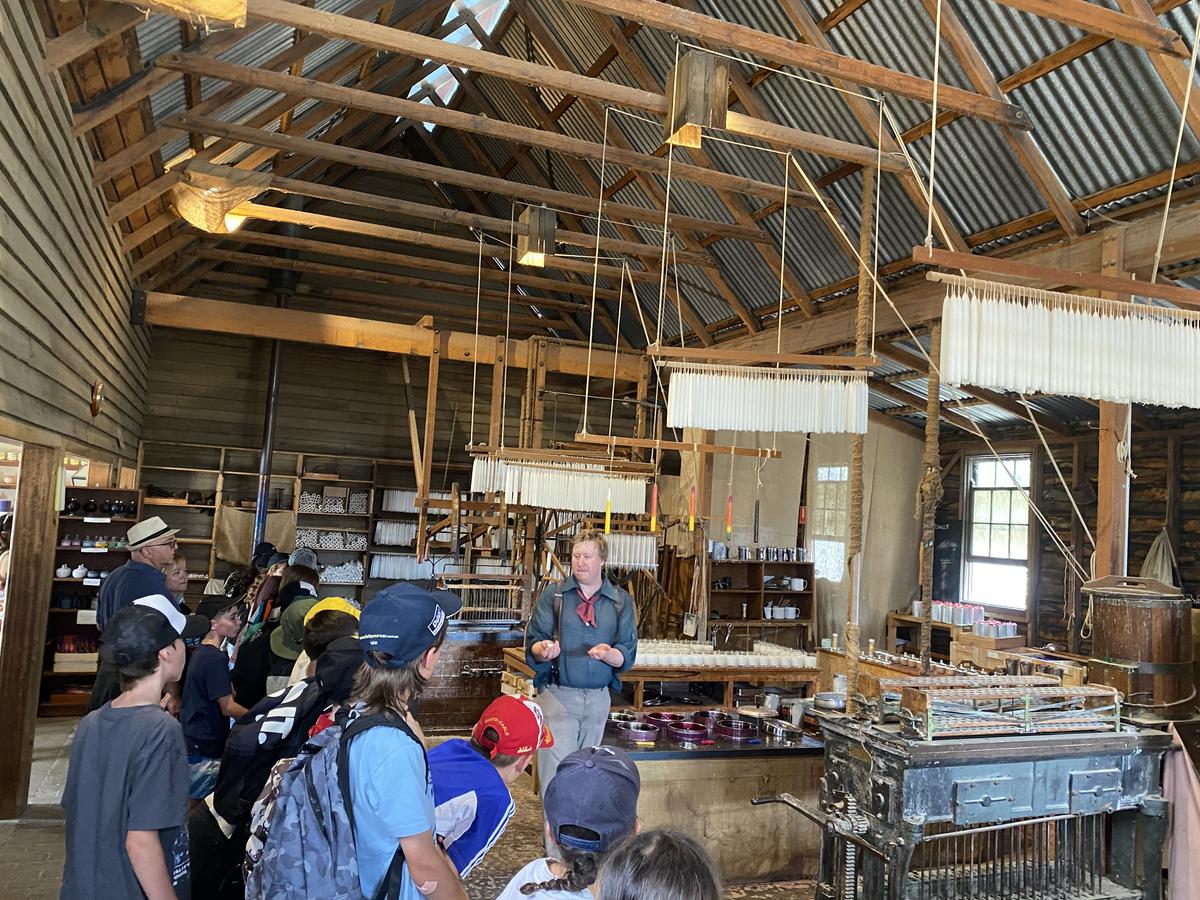
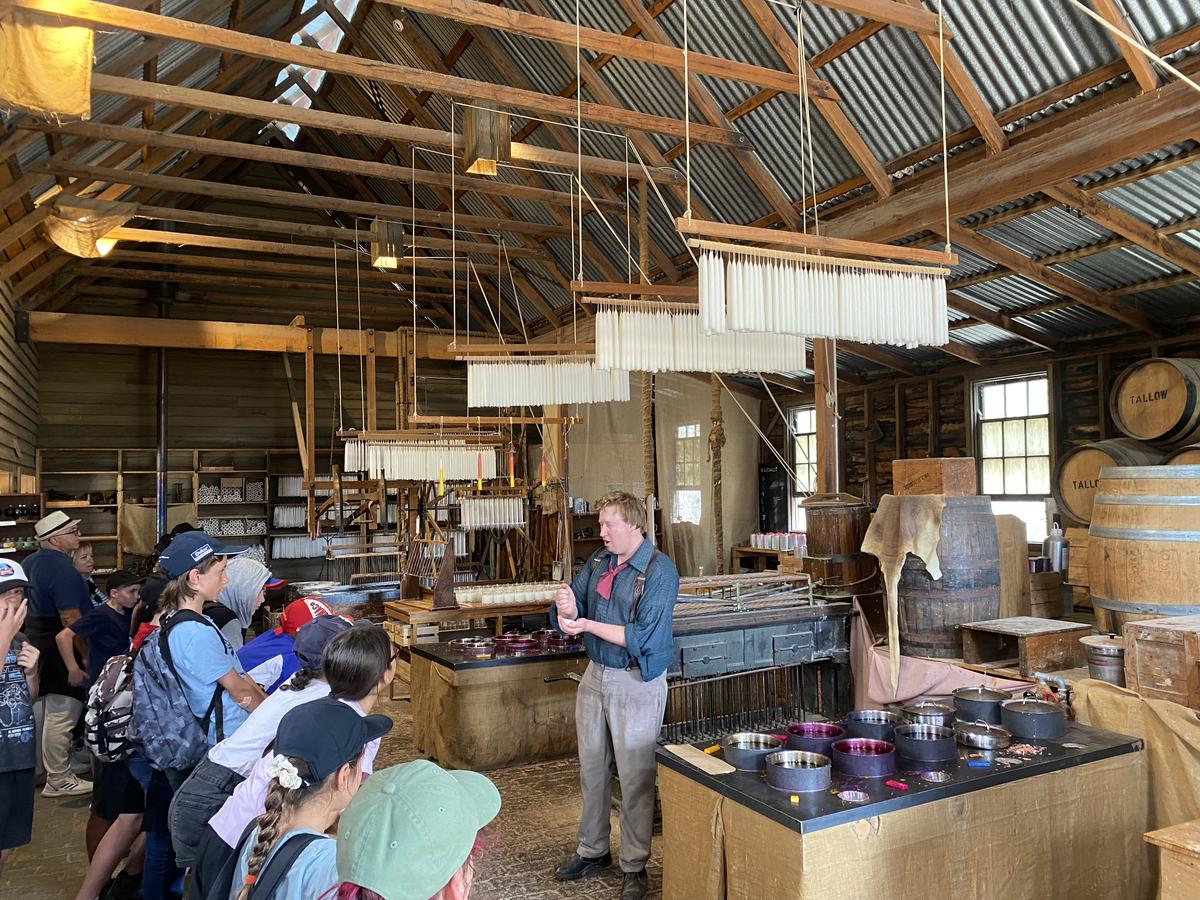














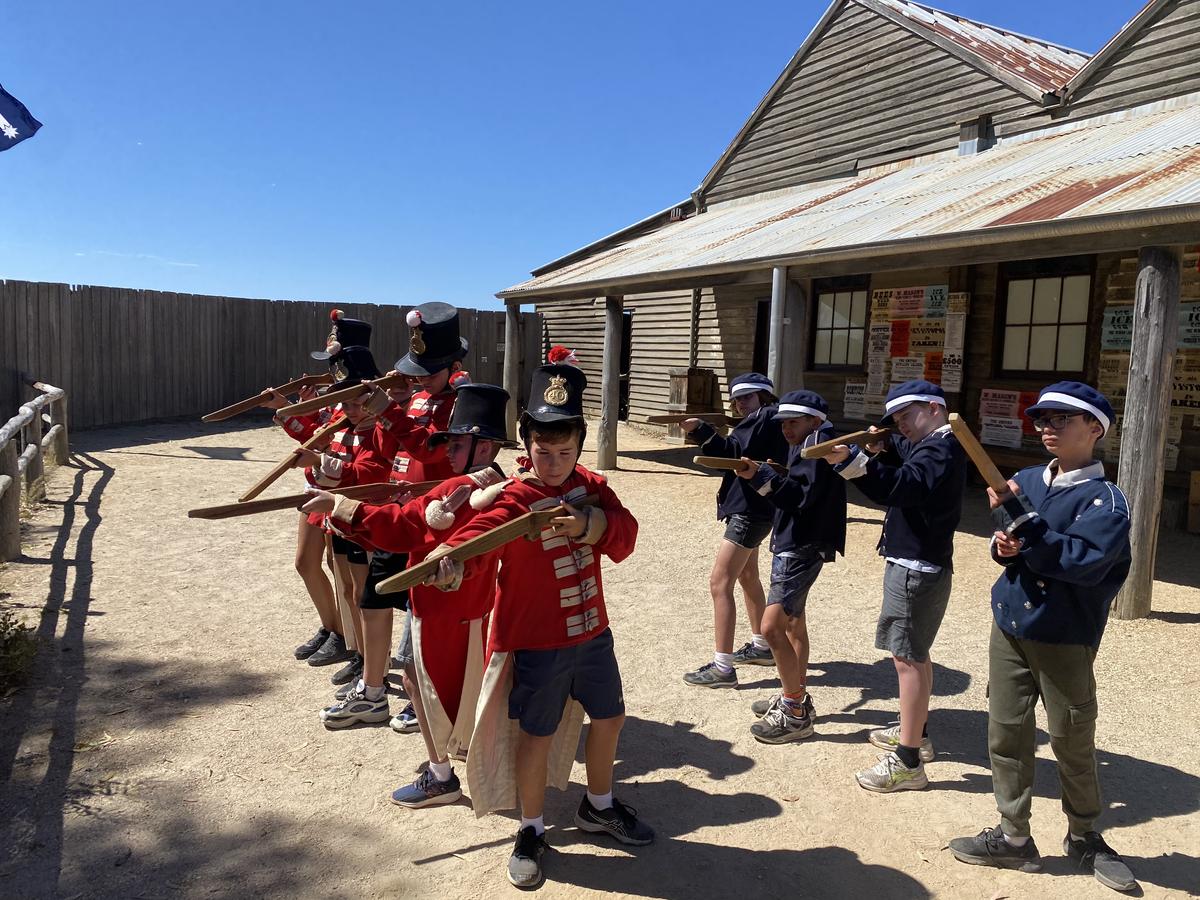






















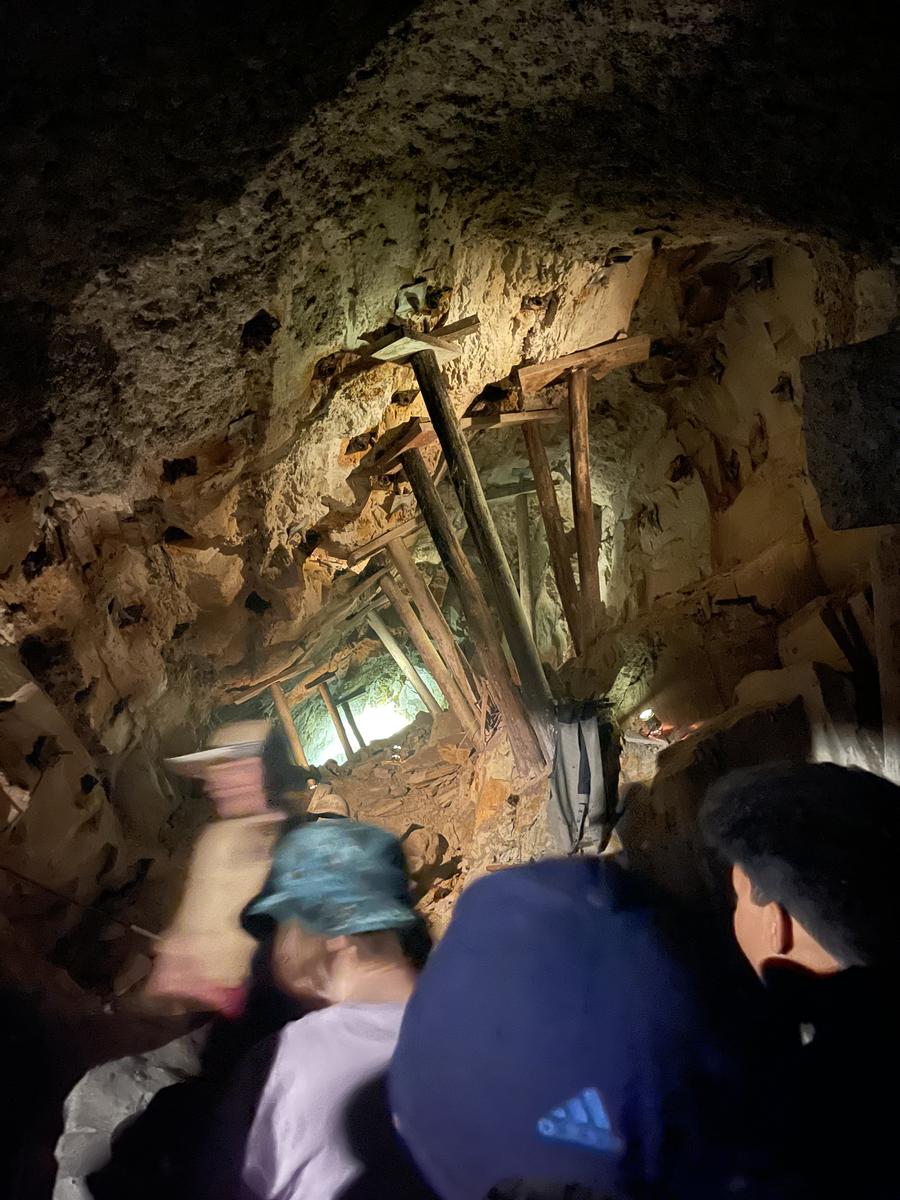





























































The Year 3/4 students have been amazing collaborators in STEM in the last couple of weeks. WOW! They were re-introduced to STEM, the acronym S- Science, T- Technology, E- Engineering, M- Mathematics and "What Is Coding?".
The students work collaboratively in pairs and explored the LEGO Spike Essential kit and the coding program where they were able to choose any project. They built and coded their LEGO devices and models. It was amazing to observe how the students communicated and solved any problems they encountered. Then seeing them in awe when they completed and achieved their task.
Here are photos of the Year 3/4 students being engineers and coders by working in pairs by using the LEGO Spike Essentials.















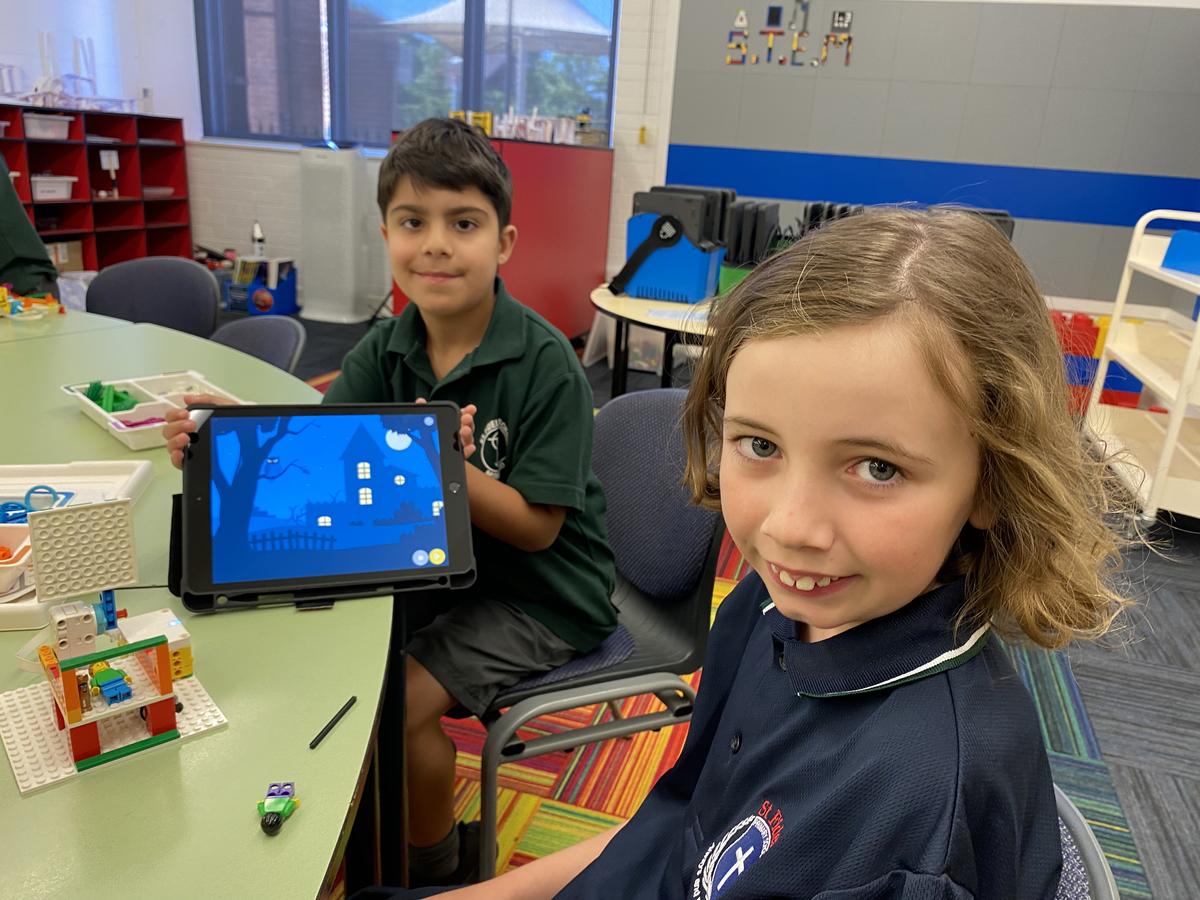
















The Year 5/6 students have been amazing collaborators in STEM in the last couple of weeks. WOW! They were introduced to a STEM Challenge where students worked in pairs to design and construct a paper bridge.
Students had to be really good collaborators and communicators. They were only allowed to use three A3 sheets of paper, one metre of masking tape and scissors, to design, construct, test, improve their design and reconstruct a bridge that can support the weight of as many small objects as possible!
Students had to think like a scientist, engineer, mathematician and the only technology they were to use, was paper and masking tape. I was in AWE of what the students achieved and how they thought outside the box. Here are photos of Year 5/6 students’ bridge designs.
